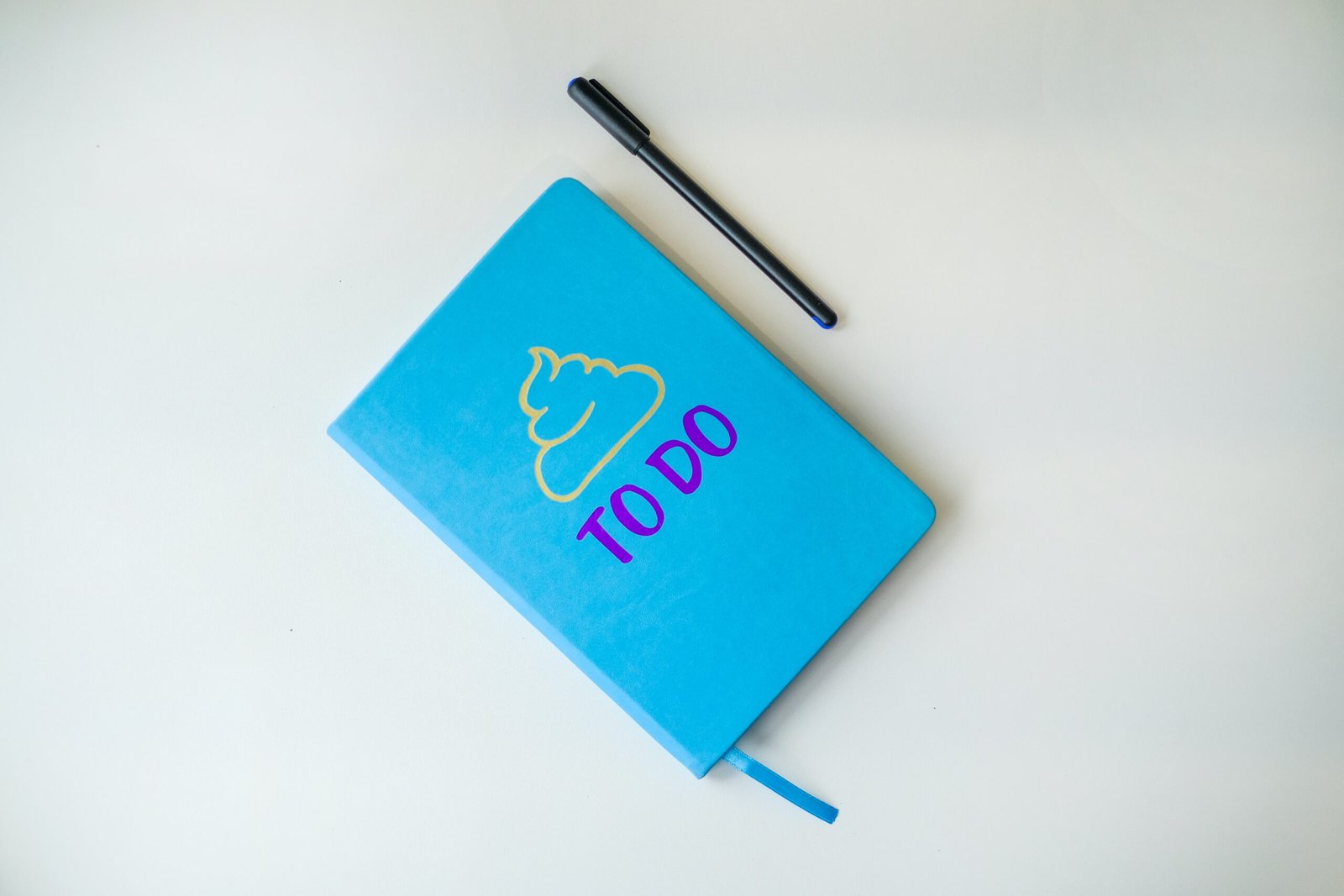If you’re a small business starting to sell your products internationally, you’ve likely encountered the terms CIF and FOB. These acronyms might sound like a foreign language, but they’re vital to understanding your responsibilities and costs in international shipping. Let’s break down what they mean and how they impact your business.
What are CIF and FOB?
CIF and FOB are part of Incoterms® — globally recognized standard trade terms that serve two primary functions:
- They pinpoint the moment when the responsibility and risk associated with the goods shift from the seller (you) to the buyer.
- They delineate who handles various logistical operations, such as securing export documentation, navigating customs, arranging transportation, covering shipping costs, and insuring the merchandise.
Recommendation: When Businesses Change Hands: The Fate of Customer Contracts
CIF Explained: Seller-Driven Process
Under CIF terms, the seller assumes a more extensive role in the shipping process up until the goods reach the buyer’s country. Here’s a breakdown:
Seller’s Duties:
- Deliver the products to the carrier.
- Manage all export documentation.
- Organize and pay for transportation to the specified port.
- Cover shipping costs and insurance to the destination port.
Buyer’s Duties:
- Handle the unloading fees.
- Take care of customs clearance at the destination.
- Manage and finance transport from the destination port onwards.
- Cover any subsequent costs after reaching the destination port.
In essence, CIF requires you to manage the bulk of the logistics until the goods land in the buyer’s nation.
FOB Explained: Buyer-Oriented Arrangement
With FOB, the seller’s responsibilities conclude sooner, granting the buyer earlier control and greater influence over the shipping process. The responsibilities are as follows:
Seller’s Duties:
- Ensure delivery of goods to the carrier at a predetermined location (such as your warehouse).
- Handle all export documentation.
Buyer’s Duties:
- Finance shipping from the specified location onwards.
- Organize transportation and insurance.
- Manage customs clearance and any logistical tasks once the goods are out of the seller’s hands.
Simply put, FOB shifts responsibility to the buyer much earlier, giving them more control over the shipping arrangements.
Recommendation: Legal Essentials in Contract Negotiations with ‘Doing Business As’ (DBA) Entities
Making the Right Choice: CIF vs. FOB
The decision between CIF and FOB doesn’t follow a universal rule; it hinges on several factors:
- Negotiation: Your sales contract will specify the agreed terms. The allocation of responsibilities between you and your buyer is a matter of negotiation.
- Cost Control: If having a tighter rein on shipping costs is crucial for you, FOB might be the more suitable option.
- Buyer Relationship: Your choice might also be influenced by your buyer’s preference for handling shipping logistics themselves or your interest in fostering relationships with shipping companies.
- Comfort Level: For newcomers to the export scene, CIF could be a less daunting choice, as it entails handling a more significant portion of the logistics yourself.
Understanding and negotiating CIF and FOB terms is crucial in international trade, influencing how risks and responsibilities are shared between you and your global buyers.










